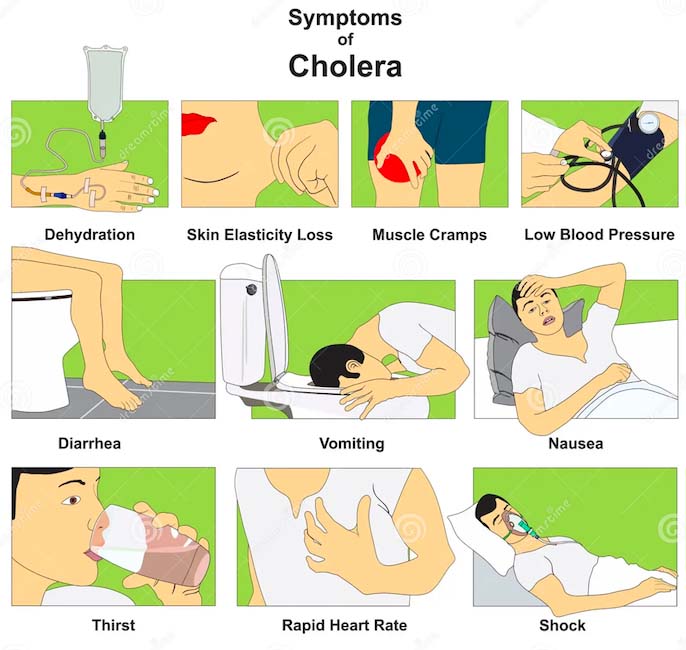Director-General of the World Health Organisation, Dr. Tedros Ghebreyesus, says the health body has just released $16m from its Contingency Fund for Emergencies to tackle cholera in Africa.
During an online news conference, Ghebreyesus said the WHO took this measure as a means of providing essential supplies, coordinating the on-the-ground response with partners, supporting countries to detect, prevent and treat cholera, and informing people how to protect themselves, among other necessary measures to be put in place.
Ghebreyesus informed: “To support this work, we appealed for $160 million dollars out of which more than $16 million dollars have just been released from the WHO Contingency Fund for Emergencies. But the real solution to cholera lies in ensuring everyone has access to safe water and sanitation, which is an internationally recognized human right.”
He also disclosed that during the previous week, the WHO had published latest data showing that cases reported in 2022 were more than double those in 2021 just as preliminary data for 2023 suggested cases are likely to be even worse.
In his words, “So far, 28 countries have reported cases in 2023 compared with 16 during the same period in 2022 with the countries by most outbreaks at the moment being Ethiopia, Haiti, Iraq and Sudan.”
He also noted that significant progress has been made in Southern Africa, including Malawi, Mozambique and Zimbabwe, but these countries remain at risk as the rainy season approaches.
He said however, that the worst affected countries and communities are poor, without access to safe drinking water or toilets as they also face shortages of oral cholera vaccine and other supplies, as well as overstretched health workers, who are dealing with multiple disease outbreaks and other health emergencies.
The WHO helmsman also noted that as the northern hemisphere winter approaches, the organisation continued to see concerning trends on the COVID-19 pandemic noting that among the relatively few countries that reported, both hospitalisations and ICU admissions have increased in the past 28 days, particularly in the Americas and Europe.
“However, the real solution to cholera lies in ensuring everyone has access to safe water and sanitation, which is an internationally recognized human concern and right,” he said.
He also notes that COVID-19 vaccination levels among the most at-risk groups remained worryingly low saying that two-thirds of the world’s population has received a complete primary series, but only one-third has received an additional, or ‘booster’ dose.
Ghebreyesus said “COVID-19 may no longer be the acute crisis it was two years ago, but that does not mean we can ignore it. We all know that countries invested so much in building their systems to respond to the epidemic.
“That’s why we are still urging countries to sustain those systems, to ensure people can be protected, tested and treated for COVID-19 and other infectious threats. And that means supporting systems for collaborative surveillance, community protection, safe and scalable care, access to countermeasures and coordination,” Ghebreyesus said.


